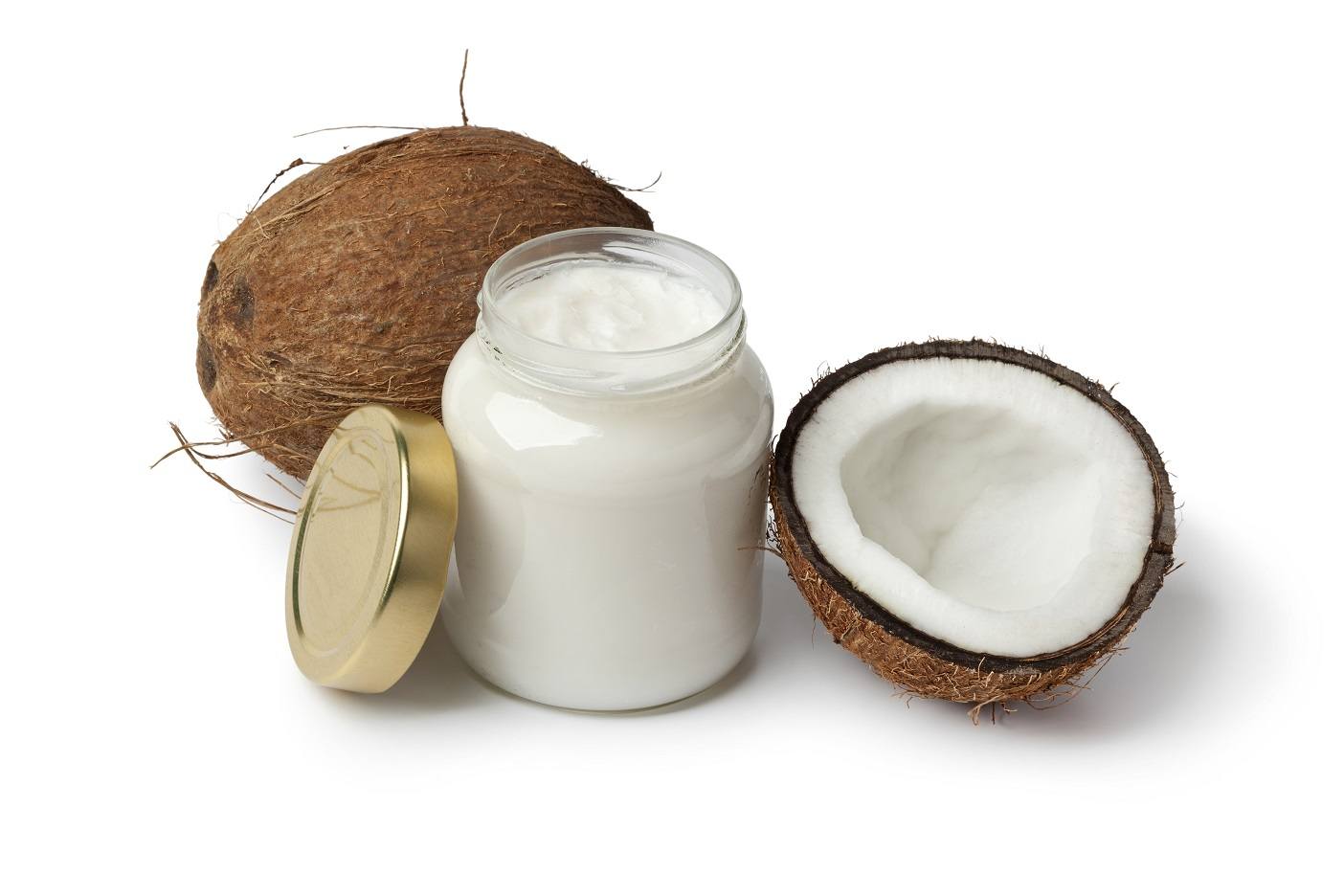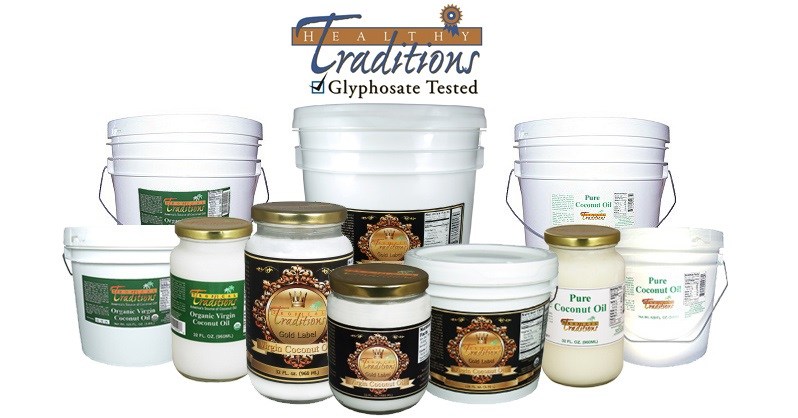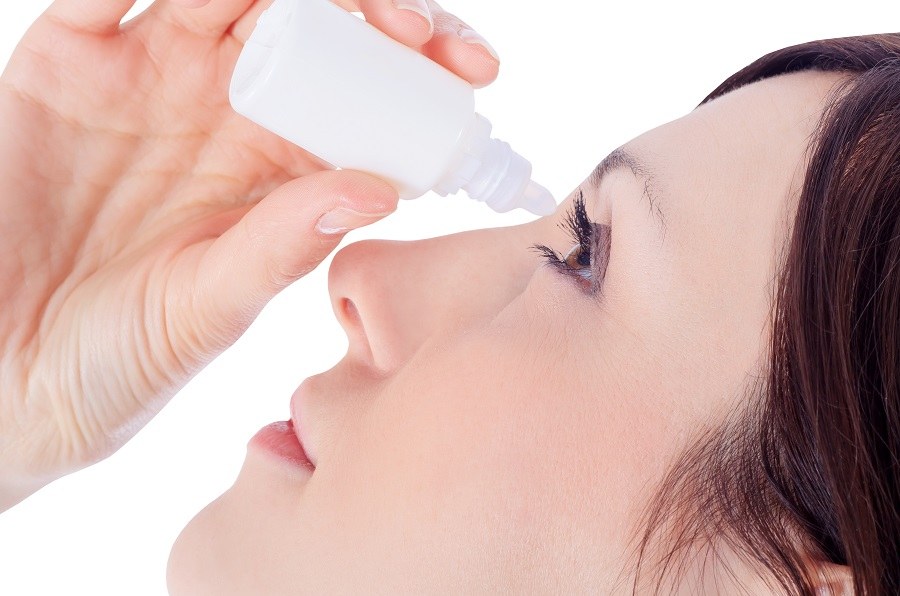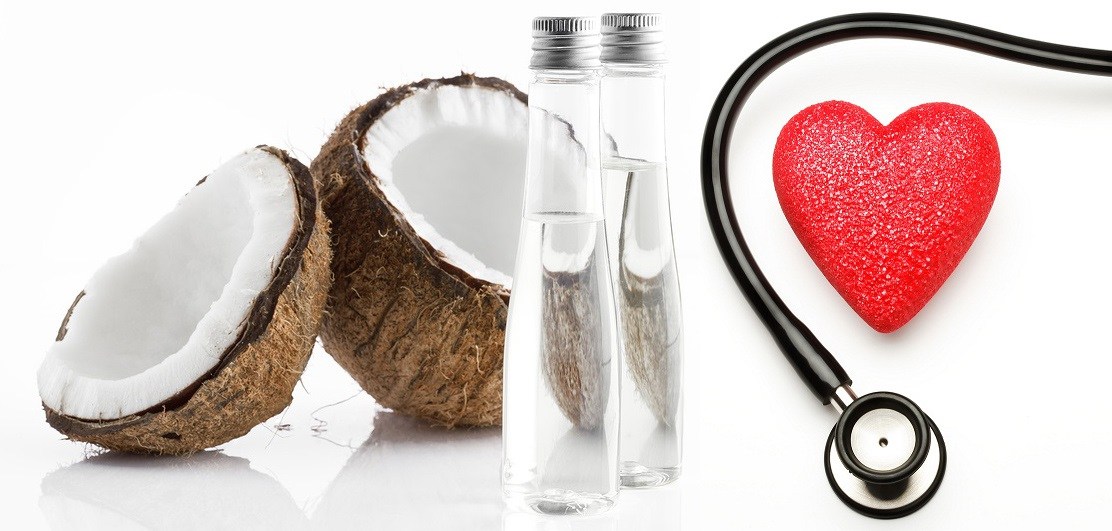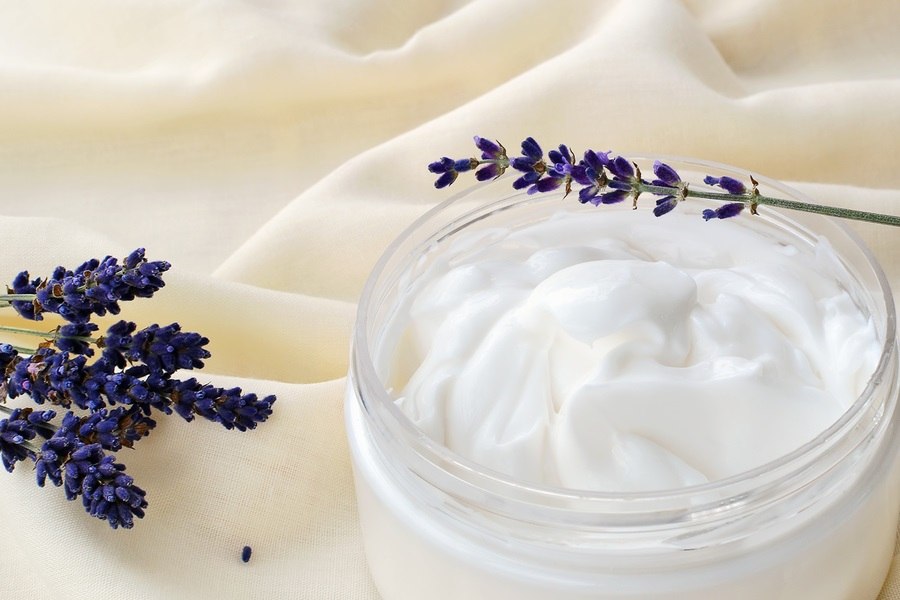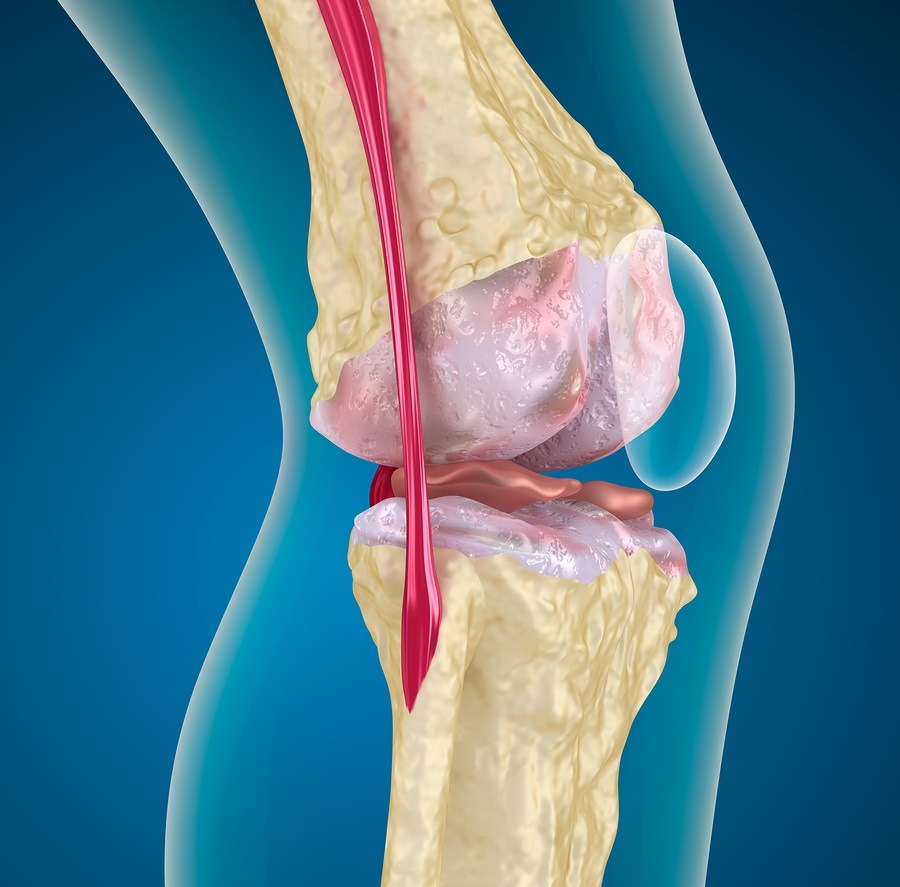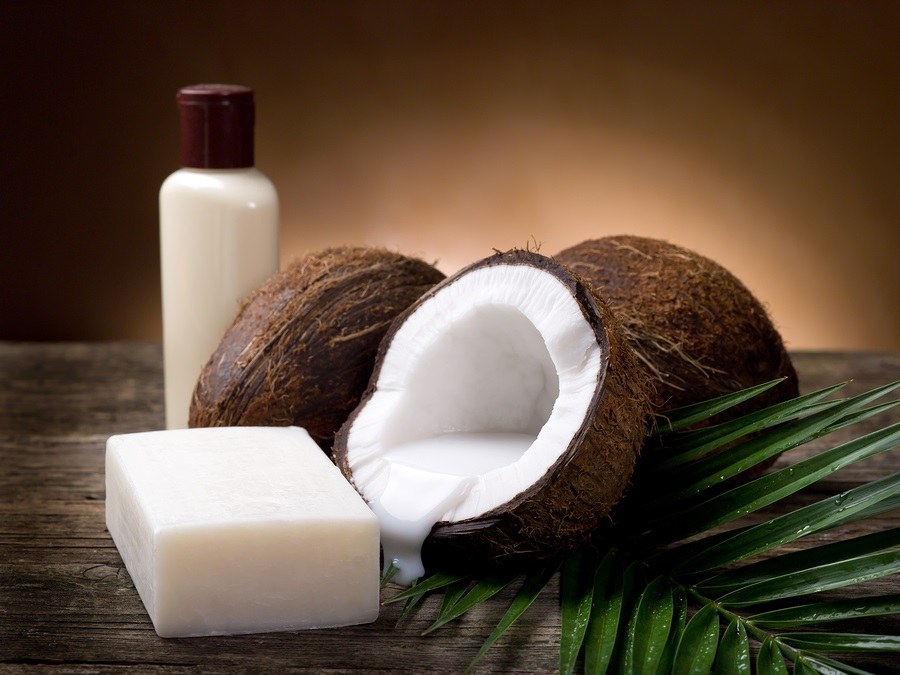Study: Coconut Oil Helps Hypertension – Science Based Health Benefits of Coconut Oil Keep Increasing
A peer reviewed study published in 2016 was titled “Renoprotective effect of virgin coconut oil in heated palm oil diet-induced hypertensive rats.” The Malaysian researchers were aware of how reheated oils used over and over in deep fat fryers create hypertension (high blood pressure) and other markers for cardiovascular disease. But their focus this time was renal, or kidney health. So they used five times heated palm oil (5HPO) to induce high blood pressure in rats bred for animal study research, Sprague-Dawley rats. The rats were divided into four groups fed slightly different diets, half with 5HPO and the other half with virgin coconut oil (VCO). Systolic blood pressure was measured before and after the 16 week study. The rats fed VCO had significantly less oxidative stress markers in their kidneys than the 5HPO fed rats, leading the researchers to conclude “ … virgin coconut oil has a potential to reduce the development of hypertension and renal injury induced by dietary heated oil, possibly via its antioxidant protective effects on the kidneys.”





